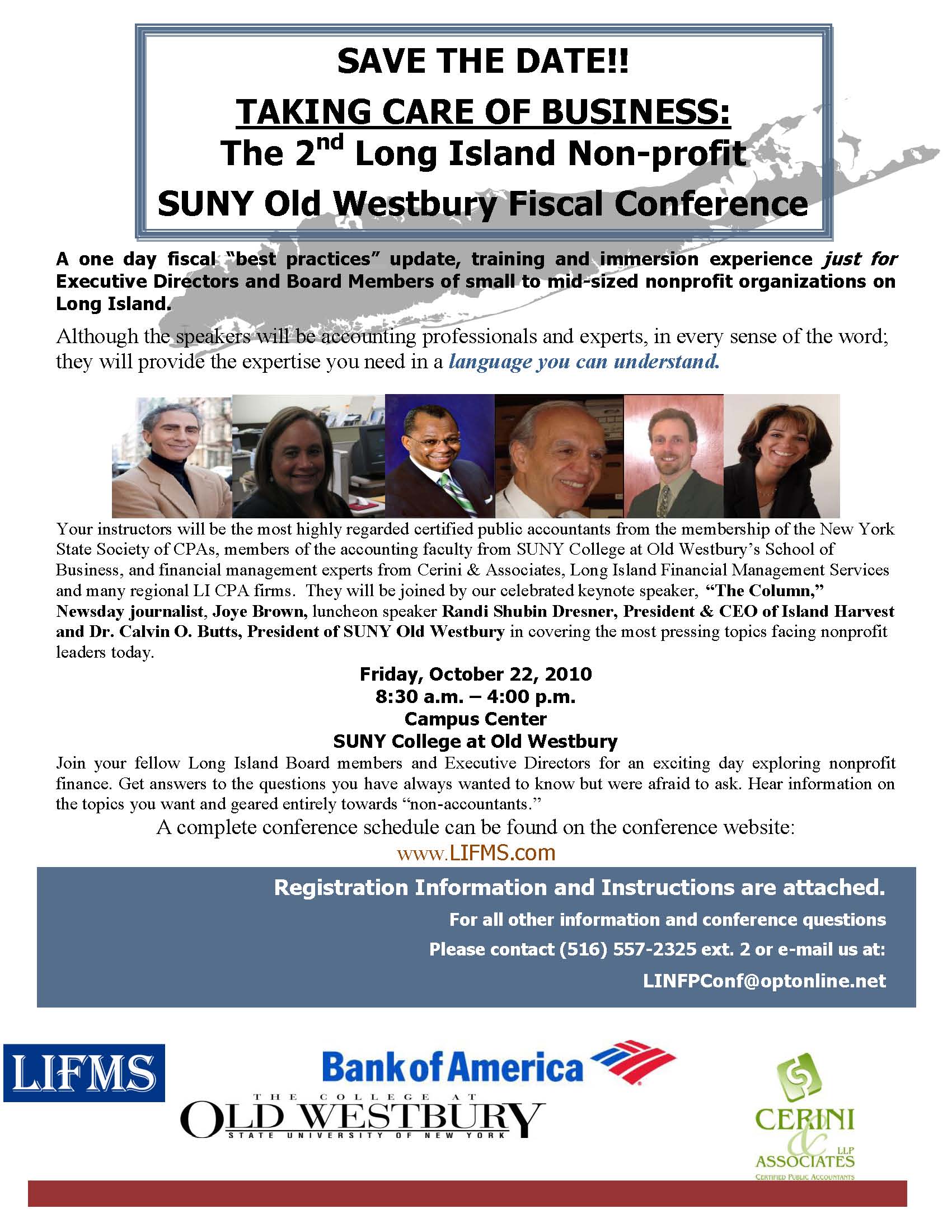I’ve been collecting examples of how different types of organizations rely on Charity Registration to further their work. Mostly, compliance with the registration laws, which vary from state to state, is cited as a mechanism to protect the public from fraudulent nonprofits. That’s the avowed purpose of these regulations, though I often question whether they’re fulfilling their purpose.
The most common citation to Charity Registration laws in the alerts I get, is from the Better Business Bureau’s many offices. Most recently, playing off the Buffett/Gates challenge, BBB national suggests you can give like a billionaire if you do proper research and due diligence. Your transformation includes, “Check the organization out with . . . the local Charity Registration office.” Here’s a local BBB affiliate going into detail about its state’s registration statute, then correcting its post after the attorney general’s office read it. (They could have saved themselves embarrassment if they’d bought my ebook.)
The Better Business Bureau folks aren’t the only ones looking out for us. The press occasionally cites registration laws similarly. The Miami Herald gives advice to “Protect Yourself Against Phony Charities.” A Lincoln, NE accounting firm also wants you to stay safe from fraud. And charities want to keep you away from their unscrupulous counterparts. (Go to the bottom of the page to the KNOW YOUR CHARITY section, item number 6.)
Sometimes it’s a charity making mandatory disclosures, but this is much rarer than it should be. The American Cancer Society’s compliance page reveals that what’s required isn’t so simple. (Maybe my alerts don’t pick up similar pages and maybe other disclosures are in print.) ACS clearly takes registration seriously.
Freedom Riders USA used their Connecticut registration number in a press release announcing their recent fundraising run.
That’s something I hardly ever see in the U.S. and see all the time from English charities. That’s because much of the U.K. has a centralized registration system, under the Charity Commission for England and Wales, so there is one set of rules, and it includes disclosure of the charity registration number. The English (and Welsh) know to look for the standardised number. That goes a long way to insuring real protection from fraud.



